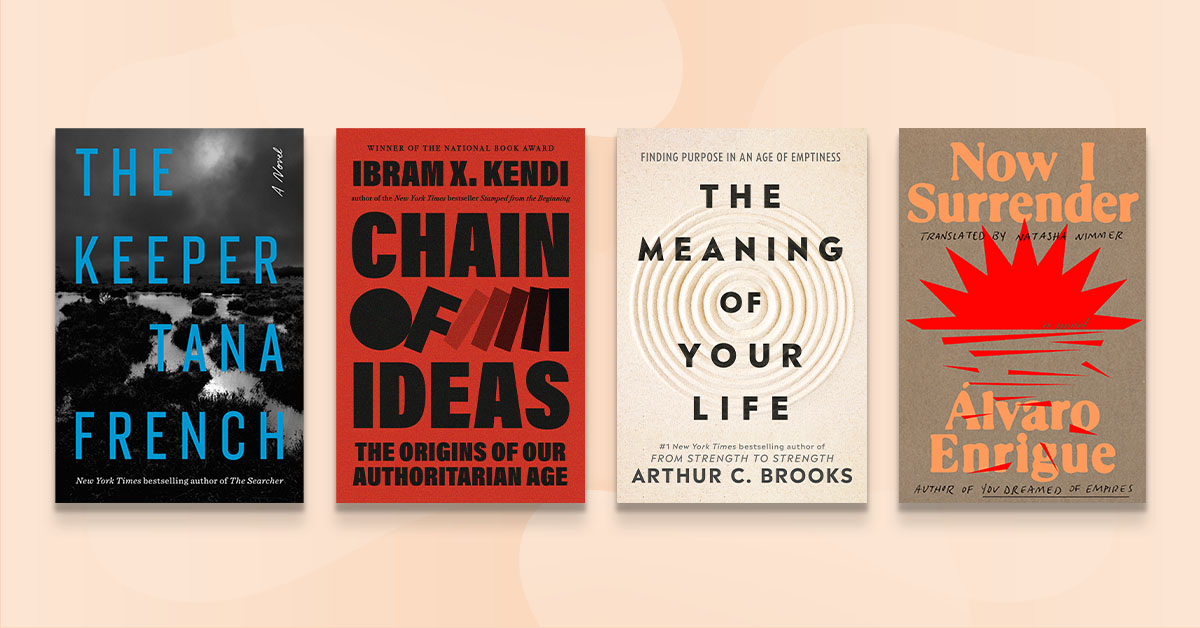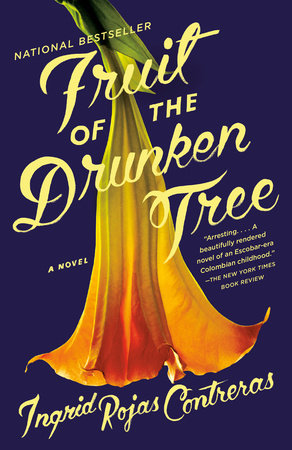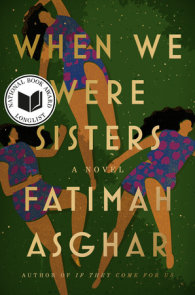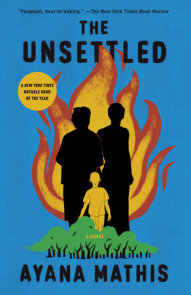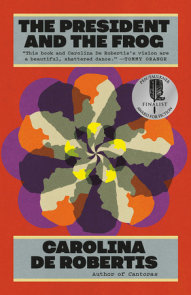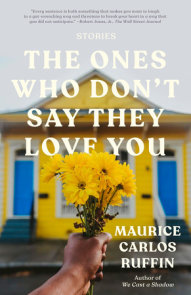READERS GUIDE
Introduction
Seven-year-old Chula lives a carefree life in her gated community in Bogotá, but the threat of kidnappings, car bombs, and assassinations hover just outside her walls, where the godlike drug lord Pablo Escobar reigns, capturing the attention of the nation.When her mother hires Petrona, a live-in-maid from the city’s guerrilla-occupied slum, Chula makes it her mission to understand Petrona’s mysterious ways. Petrona is a young woman crumbling under the burden of providing for her family as the rip tide of first love pulls her in the opposite direction. As both girls’ families scramble to maintain stability amidst the rapidly escalating conflict, Petrona and Chula find themselves entangled in a web of secrecy.
Inspired by the author’s own life, Fruit of the Drunken Tree is a powerful testament to the impossible choices women are often forced to make in the face of violence and the unexpected connections that can blossom out of desperation.
Questions and Topics for Discussion
1. The Fruit of the Drunken Tree shifts between the perspectives of Chula and Petrona. How do the dual perspectives impact your reading of the novel? What would be lost without Chula’s perspective? Without Petrona’s?
2. During most of the novel, Chula narrates Fruit of the Drunken Tree as a child. How did the child narration effect your reading experience? Did you enjoy that perspective?
3. The author does a great job of showing the many sides to a story, and develops each character fully. With which character did you sympathize the most? The least?
4. When Chula is brought back to her mother after the kidnapping attempt, she doesn’t understand her mother’s anger and protests “but [Petrona] brought me back.” Who do you side with? Do you think Petrona deserves forgiveness?
5. Did you understand Petrona’s final decision to stay with Gorriòn? Were you surprised to learn that she married him? Why?
6. The symbol of the drunken tree figures heavily into the novel. How does Ingrid use this symbol? What is its significance?
7. There are many mentions of supernatural elements (witches, ghosts, tarot cards) in Fruit of the Drunken Tree. Why do you think the author included them? And what do they add to your reading experience?
8. What did you know about Colombia before reading this novel? Did the book change your perspective?
9. At the end of the novel, you find out that much of the story is based off of experiences from the author’s life. Did you know it was autofiction? If not, how did that knowledge add to your overall reading of the book?
10. Each character in the novel copes with trauma in a different way. How do their strategies compare to one another? How do you imagine you would react to a similar experience?
11. Did Chula’s experience immigrating to the US impact your understanding of refugees and immigrants? Do you feel that you have more empathy after reading it?
12. What do you envision happens to the characters after the book ends?

